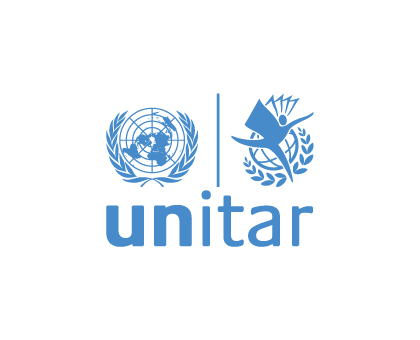
CIFAL Málaga- Teaching Innovation in Sustainability
This innovative 15-hour course, delivered in a synchronous and dynamic format, is specially designed to train vocational and university professors in the effective and creative integration of sustainability principles and ESG criteria (Environmental, Social, and Governance) into their teaching methods. Its practical approach is complemented by opportunities to develop and refine skills in creating sustainability-based learning situations. Additionally, participants will explore effective strategies for evaluating the impact and educational transfer of these concepts, ensuring that students understand sustainability and are equipped to apply this knowledge in real-world situations.
Through this synchronous training, you can develop the following competencies: Foundations of Sustainability and ESG: Introduction to key concepts and resources. Sustainable Curriculum Mapping: Techniques for integrating sustainability into the curriculum. Experiential Teaching: Development of practical learning scenarios. Application and Evaluation: Practical and reflective implementation in the classroom. Impact and Transfer: Strategies for measuring and maximizing educational impact.
Module I: Introduction to sustainability and ESG: Fundamental concepts and terminology. Relevance in the educational context. Key resources and materials. Module II: Sustainable curriculum mapping: Strategies for integrating sustainability into the curriculum. Tools for curriculum mapping and adaptation. Module III: Sustainable learning situations / ESG projects Designing sustainability-focused learning situations. ESG Projects. Key elements: Guiding questions, understanding and transferring goals, challenges, teams, research, prototypes, teaching resources, metacognition, feedback... Soft Skills Strategies (PBL & Design Thinking). Module IV: Assessment for sustainable learning Assessment instruments aligned with sustainable education. Module V: Impact and ESG Transfer Strategies to measure and maximize ESG impact. Creating communities of practice and collaboration.
Interactive Synchronous Sessions: The program blends theory and practice in live sessions, turning them into dynamic spaces for active learning. Practical Approach: From the outset, participants engage in practical activities and design of sustainable learning situations. Challenges and Projects: Each chapter presents a challenge, encouraging innovation and critical thinking in the context of education and sustainability. Team Collaboration: We foster participants' teamwork with colleagues from different specialties. Utilization of Technology and Creativity: They employ digital tools for simulations and collaborations.
The course is aimed at educators from any stage of compulsory education, vocational training, and university who: Seek to incorporate sustainability and ESG criteria into their teaching, wish to update and enhance their teaching methods, and or are interested in fostering a significant and sustainable educational impact. Participants are expected to have: Interest and motivation in sustainability and social responsibility topics, as well as commitment to applying the knowledge and skills learned in their educational context.

